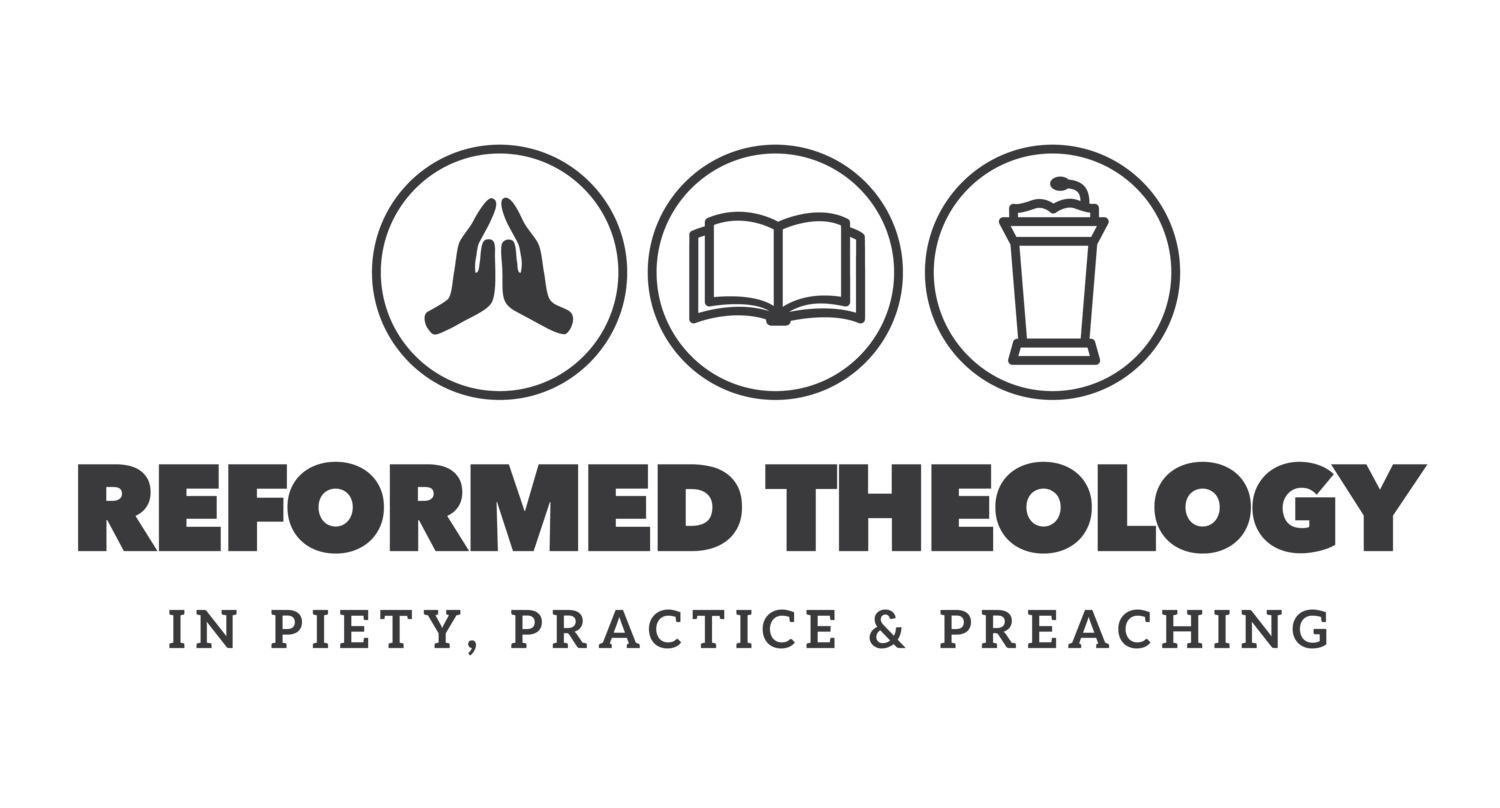During my time in the ministry I have encountered a number of colleagues that work very hard. However, I think those same colleagues were not very productive. While someone might work very hard on something, it doesn’t mean he will be productive. There is the old cliché, working hard is not the same thing as working smart. I think one of the problems with some ministers is they don’t manage their time well or they create unnecessary work for themselves. For example, a pastor might preach a number of sermon series on different topics that, if done well, requires a lot of prep-work, research, and the like. Starting from scratch on many different subjects takes a lot of time. If you want to teach on the relationship between science and theology, then you’ll have to do a lot of reading that will not be helpful for your next series on the doctrine of justification. The bodies of literature for both subjects do not overlap all that much, if at all. So what’s a person to do?
The first thing you need to do is multitask! Some people believe multitasking is impossible, but they’re wrong. According to the OED, multitasking involves “executing a number of tasks concurrently.” A simple illustration is, walking and chewing bubblegum at the same time. True, there are some people who attempt to multitask and it doesn’t work—they end up doing two things poorly. I can remember my parents telling me to turn off the TV while I was doing my homework. However, not all multitasking is created equal. Fighter pilots, for example, multitask—they manage multiple pieces of information: altitude, attitude (angle of attack), terrain, radar, targets, threats, stores (weapons), fuel, and the like. So, if multitasking is possible, what might it look like for a pastor?
First, recognize that you are in the information business—never assume that what you read or discover will only be used once. When you’re doing casual reading, remember that you can use it for sermon illustrations. When you’re studying theology, you can use it in your sermon prep or teaching. When you find a great quote, document it, and ensure you can find it again. Perhaps consider getting a notebook or using one of the many note-taking apps that are available. I think far too many pastors read useful things, forget them, and have to dig them up again at a later time, which creates more work in the end. There’s a sense in which you’re always doing sermon prep—a useful insight can come along while you’re driving your car or meditating upon the word in your study. Don’t limit yourself as to when you think you might be productive. And never assume you’ll use the information once. If you document and index it, you can ensure you can use it again—multitasking!
Second, if you preach and teach systematically (lectio continua, e.g.), then everything that you’re doing is building accruing theological “interest,” if you will. For example, teach lectio continua through a book of the Bible—do all of your exegetical work, make copious notes, jot down potential illustrations. Once you’ve finished the teaching series, you’ve completed the necessary legwork for a sermon series. What you taught in Sunday School is now the source material for a sermon series in two or three years. When you return to your notes, you will have dramatically cut down your legwork and you’ll only need to review, refresh your familiarity with the text, and you’ve got your material to write your sermons. Your Sunday school prep becomes your sermon prep—multitasking!
Third, when possible, prepare deep! All too often people will do the bare minimum to get by—pastors will read one book, make some notes, and then step into the Sunday school lectern. But when asked to give a lecture to fellow pastors, say at presbytery or classis, they find themselves having to dig deeper and revisit the same terrain they already studied because what was suitable for the layman will likely be shallow and insufficient for serious reflection by fellow ministers. But if you prepare very thoroughly, then you can always trickle a wealth of information slowly and patiently for the uninitiated but you cannot instantaneously generate depth. If you do it well the first time, then you can use the same material in multiple settings—you can regulate how much you reveal of what you know based upon the audience. By preparing deep, you are preparing for multiple scenarios—you’re multitasking!
Fourth, find an area of special interest and stick to it. You can certainly read broadly and for pleasure, but you will find great benefit if you choose an area of specialty and dig deeply. If you read fifty books a year and each one is on a different topic, then you won’t have much depth to your knowledge—you’ll know a little about a lot. But if you devote a third of your reading to your area of special interest, say twenty books out of fifty to one particular topic, chances are you will become an unofficial expert in the subject. The choices are numerous—you can pick one theologian, like Francis Turretin, and read everything you can get your hands on about him. You can pick a doctrine, such as theology proper. You can pick a subject, such as preaching, or even a specific book of the Bible. Again, you’ll find the principle of compounding interest working towards your benefit and your congregation will reap the benefits. You can turn your “leisure reading,” into productive time by studying your area of special interest. Once again, you’re multitasking!
These four suggestions are just a few ways that you can multitask. Always think about how you might work smart. Working hard may look impressive but if it’s unproductive, you’ll burn out very quickly.
